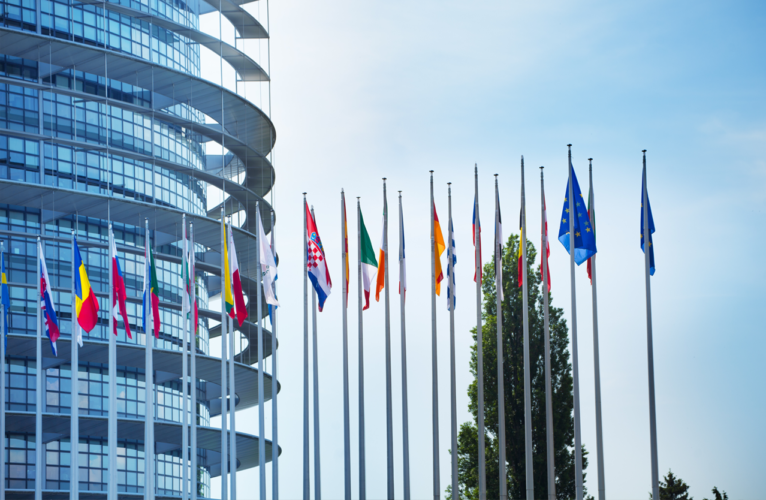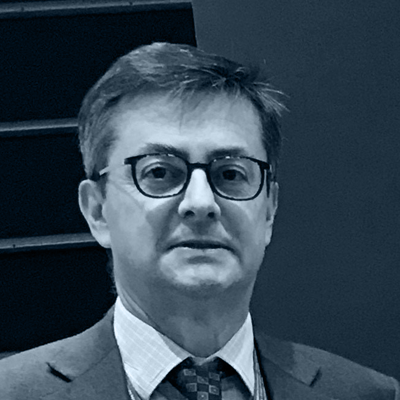

Blog by: Eduardo Pisani, All.Can International CEO
Europe’s Beating Cancer Plan was unveiled on World Cancer Day (4 February 2020) by Health Commissioner Stella Kyriakides, among others. The plan takes a refreshingly holistic, ambitious and multidisciplinary look at cancer and how to tackle it. Coupled with the Cancer Mission led by the Directorate-General for Research and Innovation, this initiative demonstrates the Commission’s clear commitment to ensuring it plays a leadership role in taking concrete action to address some of the greatest challenges posed by cancer, and ensuring that cancer’s burden on future generations is lessened.
All.Can’s contribution to Europe’s Beating Cancer Plan
After the release of the plan, a consultation period was opened until early March, to provide submissions to the Roadmap that outlined the proposed focus of the plan. All.Can, like many other prominent cancer stakeholders, warmly welcomed the Beating Cancer Plan and was delighted to contribute to the consultation on the Roadmap.
The notions of efficiency and sustainability which are central to All.Can’s mission are echoed in the Roadmap. In our submission, we have asked the Commission to ensure the term ‘efficiency’ is not confused with simple cost-containment. Allocation of resources should be based on value, defined first and foremost by the impact on patients.
The day before World Cancer Day, All.Can hosted an event at the European Parliament, and we were honoured to have representatives of the Commission present. During the panel session, we asked: how can the Commission ensure the patient perspective is taken into consideration as it forges its plan and sets its priorities? We received an encouraging response from the Commission representative. However, it is important to remember that, too often, the patient perspective is not given due prominence in shaping care plans and policies. To rectify this, we need a culture shift and a different prioritisation of data to guide decisions.
Advances in cancer diagnosis
The findings of the All.Can patient survey serve as a powerful reminder of the importance of considering patients’ views. For example, diagnosis was the aspect of care where respondents said they experienced the most inefficiency. Many healthcare systems have explored ways to improve the speed and accuracy of cancer diagnosis. One example is the Danish rapid referral pathways, featured in the All.Can efficiency hub. It is important to consider that diagnosis can be delayed for multiple reasons: patient-related factors (e.g. lack of awareness of symptoms), system-related factors (e.g. availability of specialists, speed of referral, pathology capacity etc.) and cancer-specific issues (e.g. presentation of symptoms). As is usual with cancer, a one-size-fits-all solution is neither applicable nor appropriate.
Meeting patients’ need for support and multidisciplinary care
The findings of the patient survey also revealed the importance of aspects of care other than treatment. Respondents told us they don’t want ‘more information, but better information’, delivered at key points over the course of their care. Patients often lack helpful information about side effects, including pain. Their need for information and support does not stop after their phase of ‘active treatment’ is over – and without ongoing support, they can feel abandoned after a period of frequent interactions with their care team.
Another important finding was that gaps in information and support were most pronounced among patients with advanced cancers. This is reflected in the literature, calling for particular attention to meet the needs of these patients.
The Roadmap refers to ‘unfit healthcare models and skills’. Our survey indicated important gaps in availability of psycho-oncologists, supportive care, complementary care and cancer specialist nurses. Even when these services are available, lack of referral means patients often have to find out about them by themselves. This is a far cry from the fully integrated, multidisciplinary model of cancer care central to so many recommendations and policy papers.
The long-term impact of cancer
Cancer is becoming a chronic condition for many – which speaks to the success of treatment advances and improved prognosis for many patients. Sadly, though, this is not the case for all cancers or all patients. Even for those who do survive, there may be long-term effects. There is growing literature on the financial burden of cancer and some of the most poignant testimonials in our survey spoke to this issue. Some respondents spoke of the lifelong financial burden of cancer from not being able to fully return to work. Others commented on financial insecurity due to their inability to get a mortgage, a bank loan or even just affordable travel insurance.
The pioneering role of progressive social policies, such as ‘the right to be forgotten’ in France, has been widely recognised. But many more such developments are needed – both to support people with cancer who wish to remain in work, and to protect those who cannot work from financial insecurity. Developments are also needed to protect carers who need to stop working to care for their loved ones.
Collaborating for a brighter future
All.Can’s work is focused on finding practical solutions to improving the efficiency of care. We define efficiency as focusing resources on what matters to patients. We hope the Commission’s programme of work will be transformative. We hope it will commit to gathering patient insights into cancer care and using these findings – as well as those gathered by others, such as the All.Can patient survey – to guide its research focus, policies and proposals for system change.
This is a very inspiring time for tackling cancer in Europe – and we are excited to be part of it. This year, our research is focusing on exploring the role of data in improving efficiency in cancer care, hopefully contributing important knowledge to the field. We also join the EU mission to foster exchange of best practice through expanding our efficiency hub, where we post examples of initiatives that have improved efficiency for cancer patients in any facet of care.
Along with our research work, All.Can International is in the process of being established as a non-profit organisation, based in Brussels. We are always looking to collaborate with individuals and organisations whose aims overlap our own. We look forward to working with the Commission and other key players to deliver efficient solutions to tackle cancer.